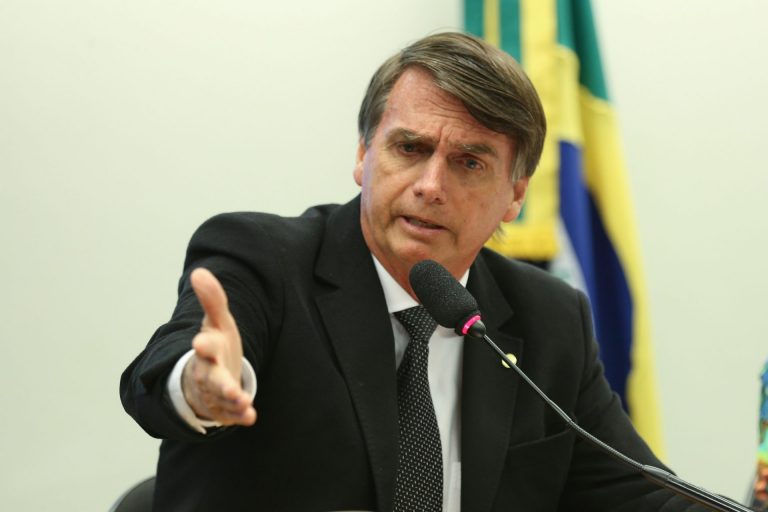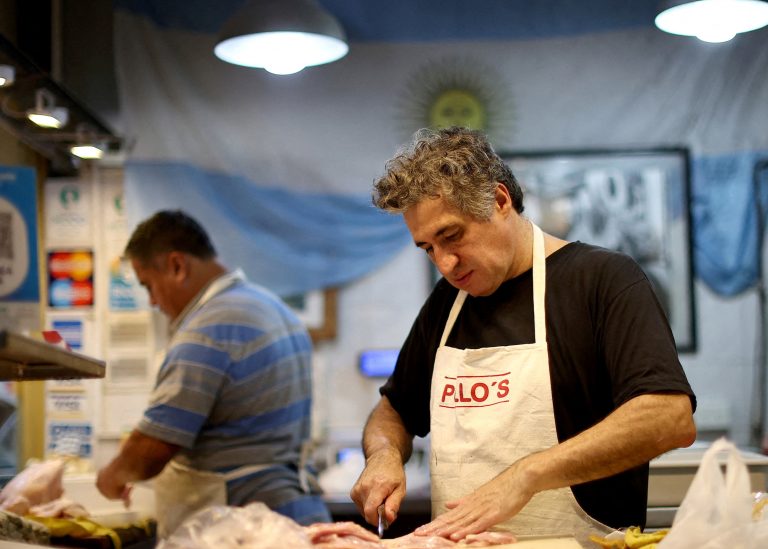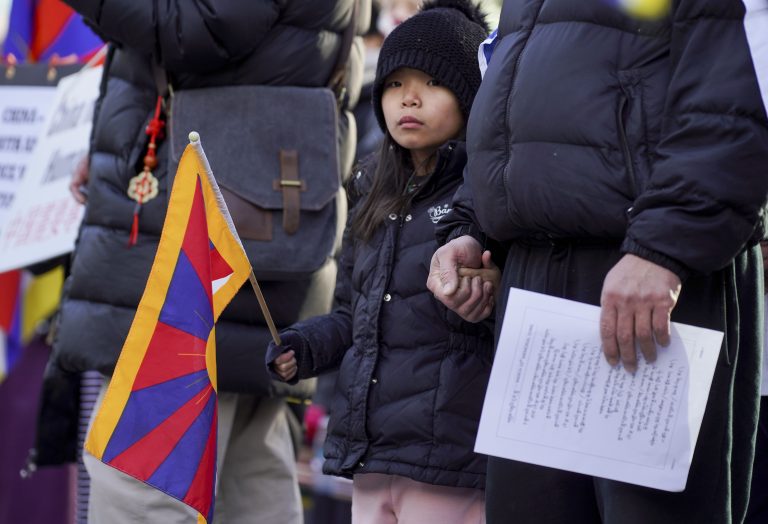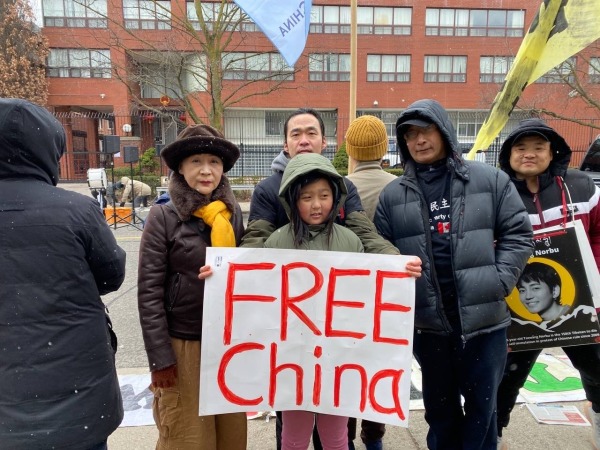Jair Bolsonaro, a Brazilian congressman and former army officer, won the second round of presidential elections on Oct. 28, becoming president-elect of South America’s largest country.
Bolsonaro, who ran on a right-wing platform against corruption and crime, got 56 percent of the vote, defeating the Workers Party’s Fernando Haddad, a former mayor of Sao Paulo who had 44 percent in the run-off election.
The Worker Party was in power for over a decade until 2016, when it was driven out of office due to corruption scandals and a deep economic recession.
“Citizens have seen millions of jobs evaporate, queues at hospitals grow, and violence explode to the point that more than 60,000 people a year are murdered. For years, impatient voters have watched news reports of politicians and executives being caught with vast sums of taxpayer money in suitcases or Swiss bank accounts while roads and schools crumbled,” an Oct. 28 Bloomberg report reads.
“We are going to change the destiny of Brazil,” Bolsonaro said in his acceptance speech. “We cannot continue flirting with socialism, communism, populism, and leftist extremism.” The new president promised to run the country according to the constitution and Christian teachings.
Success
You are now signed up for our newsletter
Success
Check your email to complete sign up
Fernando Haddad had only joined the race following the imprisonment of former president Luiz Inácio Lula da Silva, also of the Workers Party, on charges of corruption. “Haddad was unable to overcome that tainted legacy,” the report said.
Bolsonaro’s plan to fight corruption involves privatizing dozens of state-owned enterprises, as well as cutting corporate and individual taxes to revitalize the economy. He advocates opening up more of Brazil’s natural resources to private investment, as well as strengthening ties with the United States.
According to Bloomberg, Bolsonaro’s team aims to reduce import barriers and engage in free trade talks, something that earlier governments were loathe to do. Brazil’s GDP is $2.1 trillion, second in the Americas behind the United States.
“A lot of global money is going to look to Brazil, one of the emerging markets that has the best possibilities,” Hari Hariharan, CEO at NWI Management LP in New York, told Bloomberg. “If the fiscal situation is addressed, Brazil is going to be fantastic.”
Bolsonaro’s foreign policy calls for aligning Brazil with large powers such as the United States, rather than its neighbors. In 2005, Brazil, Argentina, and Venezuela — all run by leftist parties at the time — jointly rejected a free trade proposal from Washington.
U.S. President Donald Trump called Bolsonaro to congratulate him on his victory. Bolsonaro, whose platform was largely inspired by Trump, said he admired the American president’s cultural values: “union, patriotism, and Trump speaking about God and family—values that aren’t being followed in Brazil.”
Bolsonaro warned against overly close ties with China, which is one of Brazil’s biggest trading partners. “China is not buying from Brazil, China is buying Brazil — harbors, electricity transmission lines, mines,” Bolsonaro said. “They are trying to buy fertile lands, and if we open our market to that, we will give up on our food safety.”
The Global Times, controlled by the Chinese Communist Party, condemned Bolsonaro as a “tropical Trump” and expressed fears that the president-elect would shift trade from China to the United States. It also chastised him for visiting Taiwan, also called the Republic of China (ROC), which Beijing considers part of communist China.
The ROC Foreign Ministry congratulated Bolsonaro on Oct. 29, saying: “The government and people of Taiwan look forward to stronger relations across the board with the world’s fourth-largest democracy.”
Bolsonaro, of the Social Liberal Party, faces steep domestic opposition. While campaigning in September, he was stabbed by an assailant who claimed to be following divine instruction.
Additionally, the Social Liberal Party has only 52 seats in Brazil’s 513-seat congress, which means that it will have to build a coalition. Over 30 political parties are represented in the Brazilian legislature.
Despite this, Bolsonaro believes the people of Brazil are ready for change. “We knew where Brazil was headed and now we know where we want to go.”
Follow us on Twitter or subscribe to our weekly email













